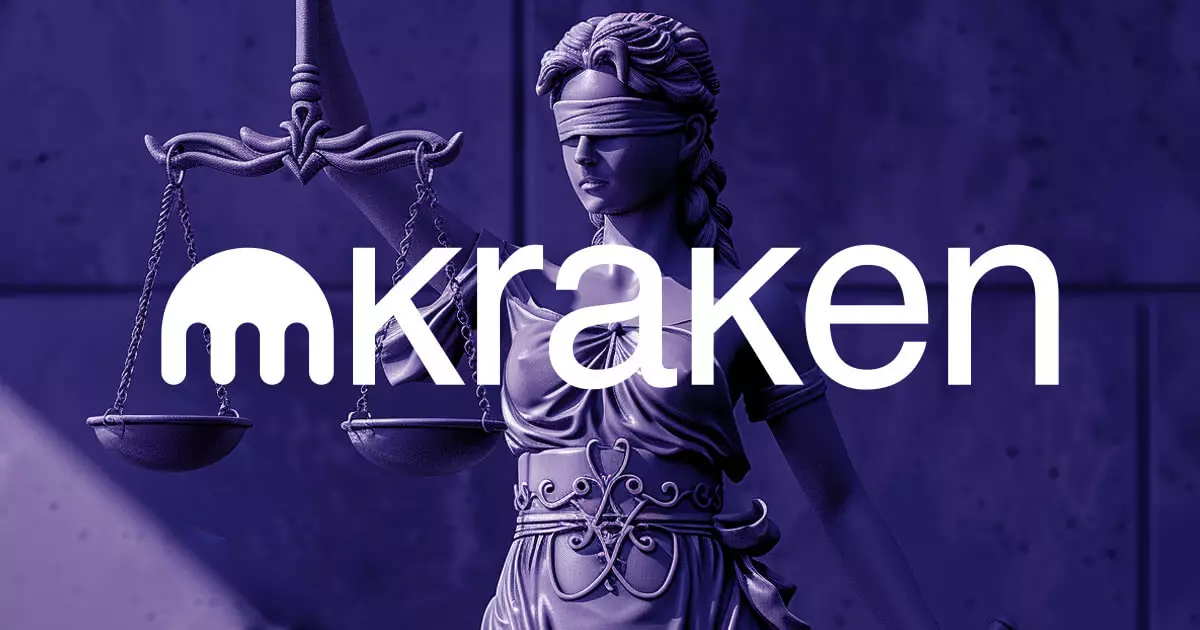A recent ruling by a US federal judge has denied the request made by cryptocurrency exchange Kraken to dismiss a lawsuit filed by the Securities and Exchange Commission (SEC). The SEC has accused Kraken of operating an unregistered securities exchange, broker, dealer, and clearing agency. The regulator claims that Kraken has been facilitating the trading of securities illegally and earning significant profits since 2018. The SEC alleges that by failing to register as a security broker, Kraken has denied its customers the protections afforded by regulatory inspections, safeguards against conflicts of interest, and compliance with recordkeeping requirements.
Kraken, in its motion to dismiss the case, argued that the SEC’s allegations are unfounded and based on a flawed interpretation of securities laws. The exchange contended that the SEC is trying to apply outdated regulatory frameworks to the rapidly evolving crypto industry without providing clear guidelines. Kraken specifically mentioned its staking services, which are at the core of the SEC’s case, and emphasized that they do not constitute an unregistered securities offering as alleged by the regulator.
Despite Kraken’s arguments, Judge William H. Orrick ruled in favor of the SEC, rejecting the exchange’s motion to dismiss. The judge stated that the SEC has plausibly alleged that some of the cryptocurrency transactions facilitated by Kraken constitute investment contracts and therefore qualify as securities subject to securities laws. This ruling aligns with SEC Chair Gary Gensler’s position that most digital tokens are unregistered securities that fall under SEC oversight.
The case, officially known as Securities and Exchange Commission v. Payward Inc., will proceed in the US District Court for the Northern District of California. As of now, neither Kraken nor the SEC has issued any comments regarding the ruling. This legal setback for Kraken comes at a time when the exchange is reportedly planning to raise $100 million in a final funding round before pursuing an initial public offering (IPO) in 2025.
In addition to the SEC lawsuit, Kraken also faced legal challenges in Australia, where it lost a case filed by the Australian securities watchdog. The Australian Federal Court ruled that Bit Trade Pty, which operates the Kraken exchange in the country, failed to comply with Australian Securities and Investments Commission (ASIC) rules regarding the distribution of margin trading products. ASIC alleged that Bit Trade offered “margin extension” without proper compliance since October 5, 2021, in violation of the Corporations Act.
In response to the court’s decision, ASIC and Bit Trade have seven days to come to an agreement on declarations and injunctions. ASIC has indicated its intention to seek financial penalties against Bit Trade for the violations.
Kraken’s legal battle with the SEC highlights the challenges faced by cryptocurrency exchanges operating in a rapidly evolving regulatory landscape. The outcome of this case could have significant implications for the broader crypto industry and how it is regulated moving forward.


















